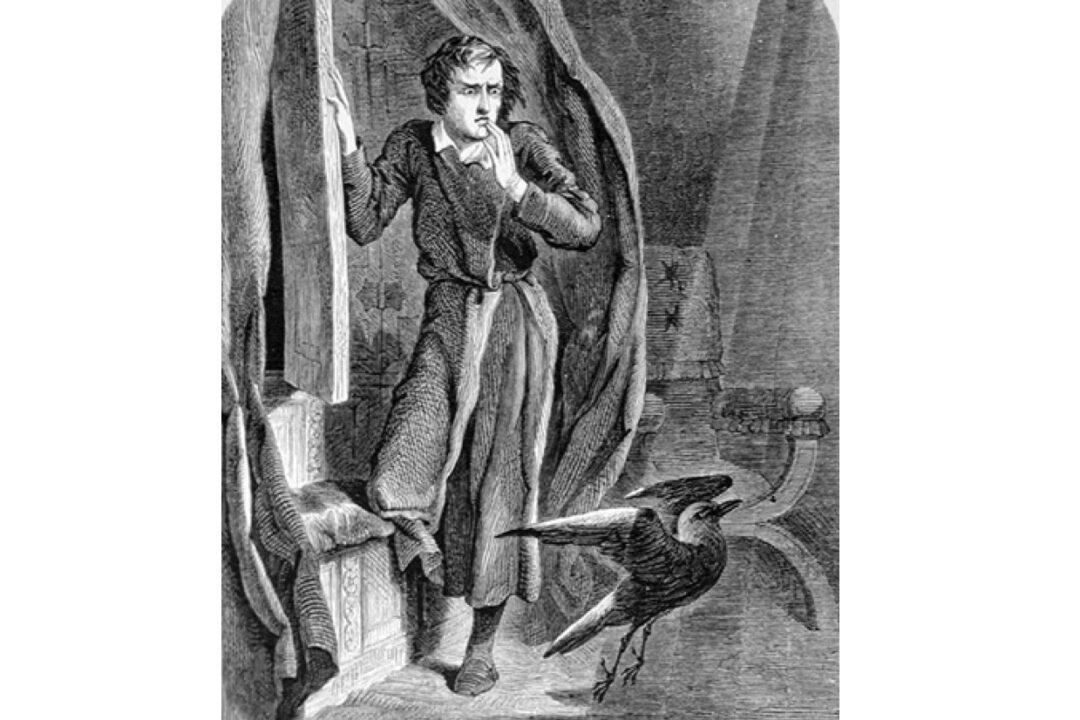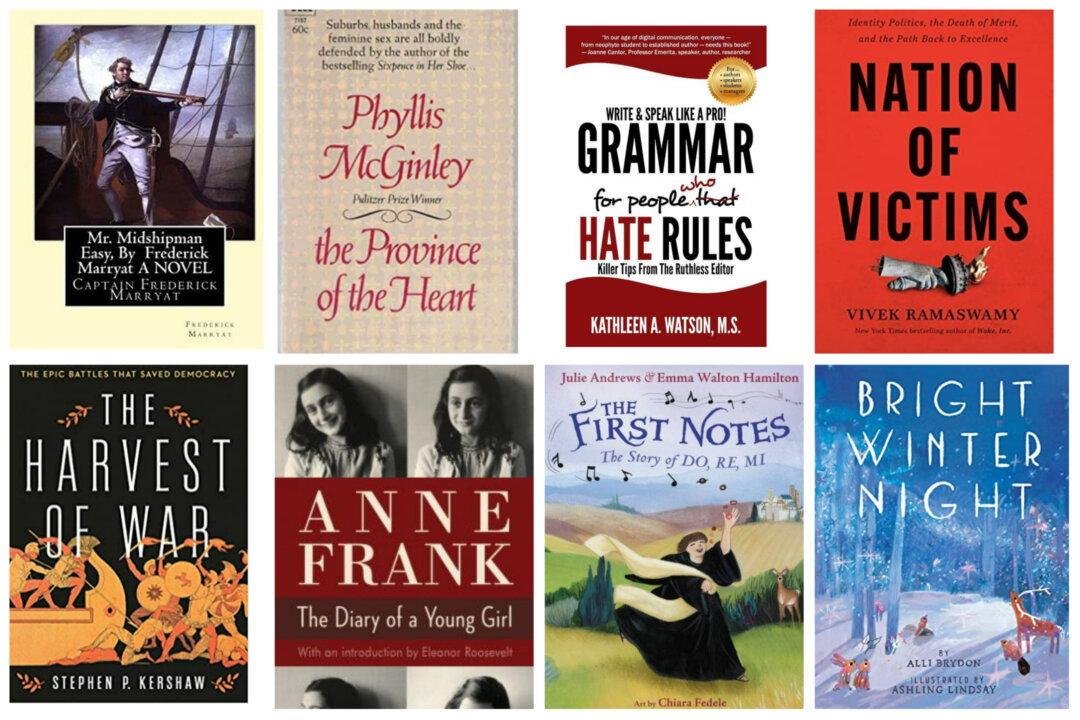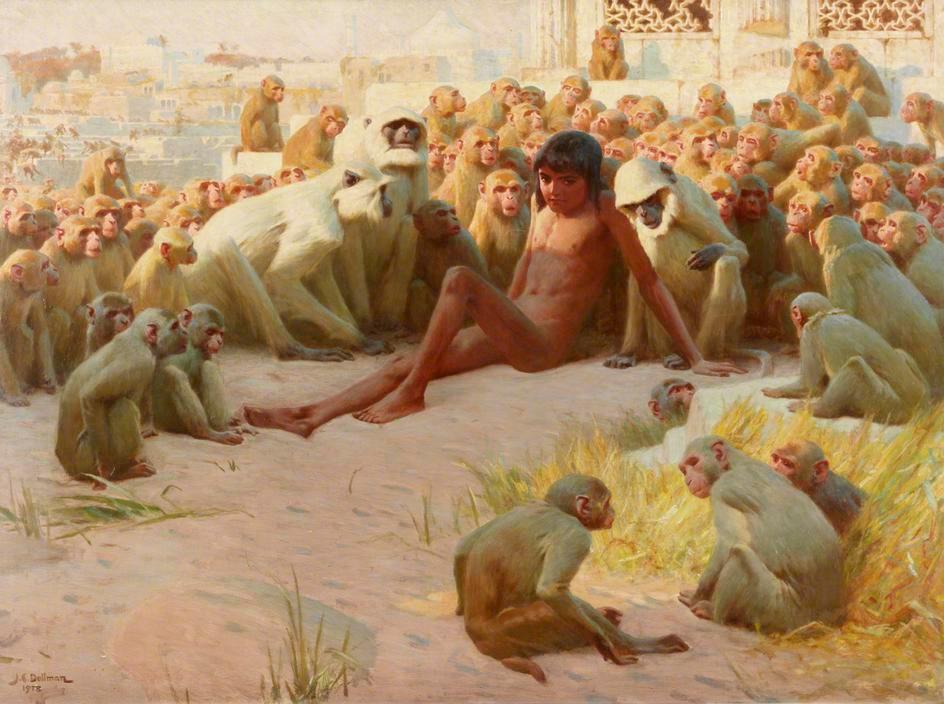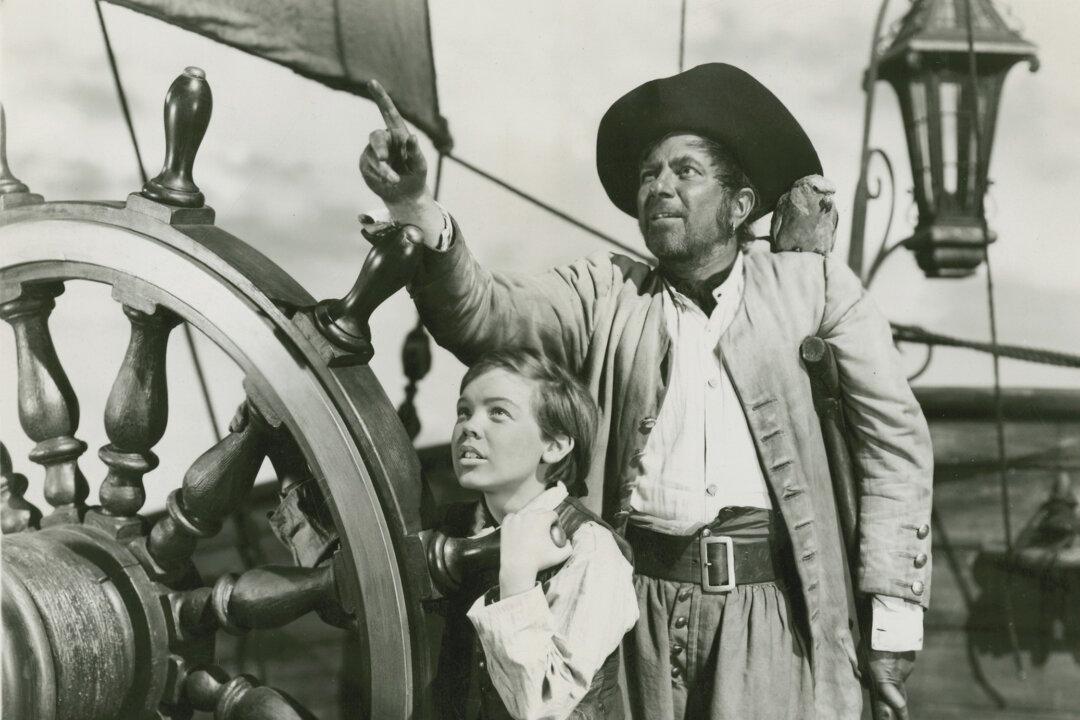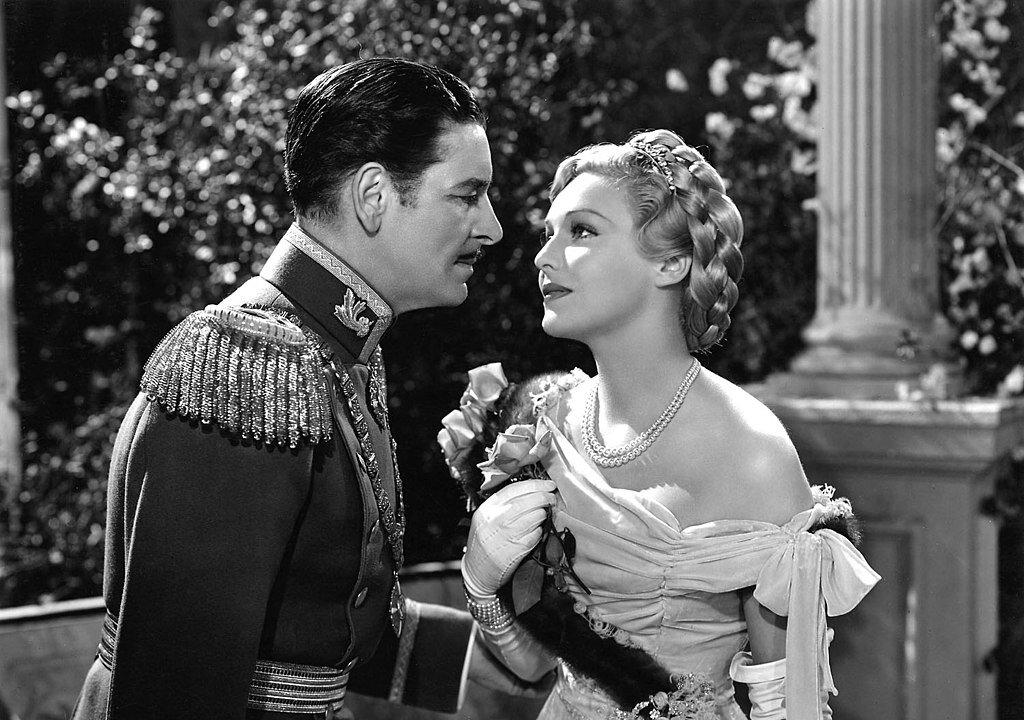Edgar Allan Poe was “doomed to seethe down his soul in a great continuous convulsion of disintegration, and doomed to register the process.” So wrote English author D.H. Lawrence with a shudder, and this statement drives at the significance of Edgar Allan Poe’s influence and unique literary importance, though his writings are often dismissed as sensationalist gothic sideshows.
Henry James, in the vein of such criticism, once said, “An enthusiasm for Poe is the mark of a decidedly primitive stage of reflection.” The primitive stage of reflection, however, is an unavoidable stage of human experience and hence human education. Everyone passes through a primitive stage of reflection during adolescence—a time of darker bents, psychological tempests, self-awakening, and self-doubt. It is the concern of education to provide contexts and consolations for the tribulations that arise in adolescence, and the works of Edgar Allan Poe, because they’re dark, can serve as an outlet and occasion for young people struggling to find the light of truth.

